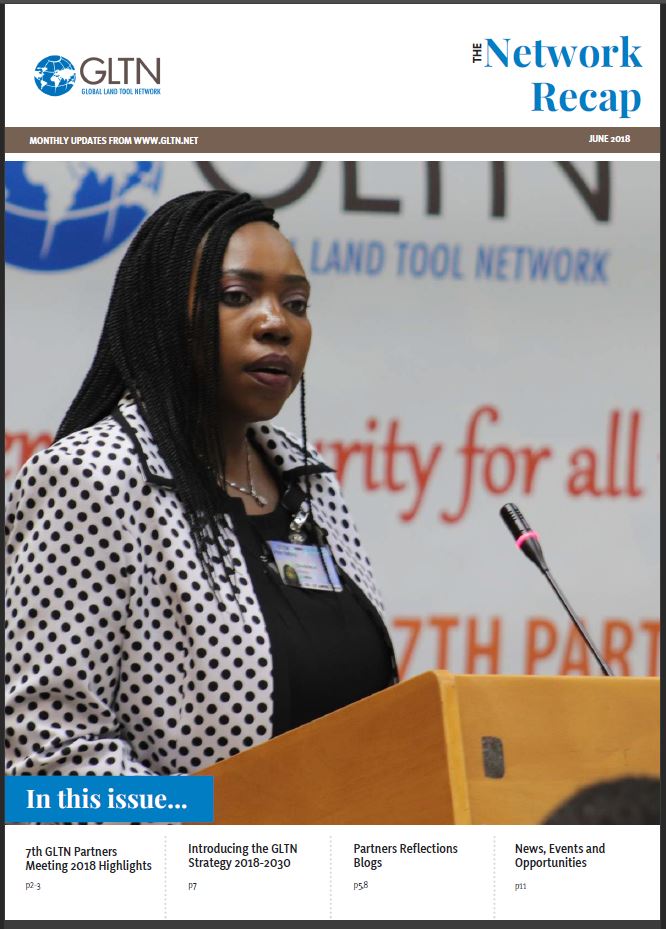Analysis of Customary Communal Tenure of Upland Ethnic Groups, Myanmar
Customary Tenure and Land Alienation in Myanmar:
"Customary communal tenure is characteristic of many local upland communities in S.E. Asia. These
communities have strong ancestral relationships to their land, which has never been held under
individual rights, but considered common property of the village. Communal tenure has been the
norm and land has never been a commodity. This is an age-old characteristic of many societies
globally. Prior to the publication in 1861 of Ancient Law by the English jurist Henry Sumner Maine,



